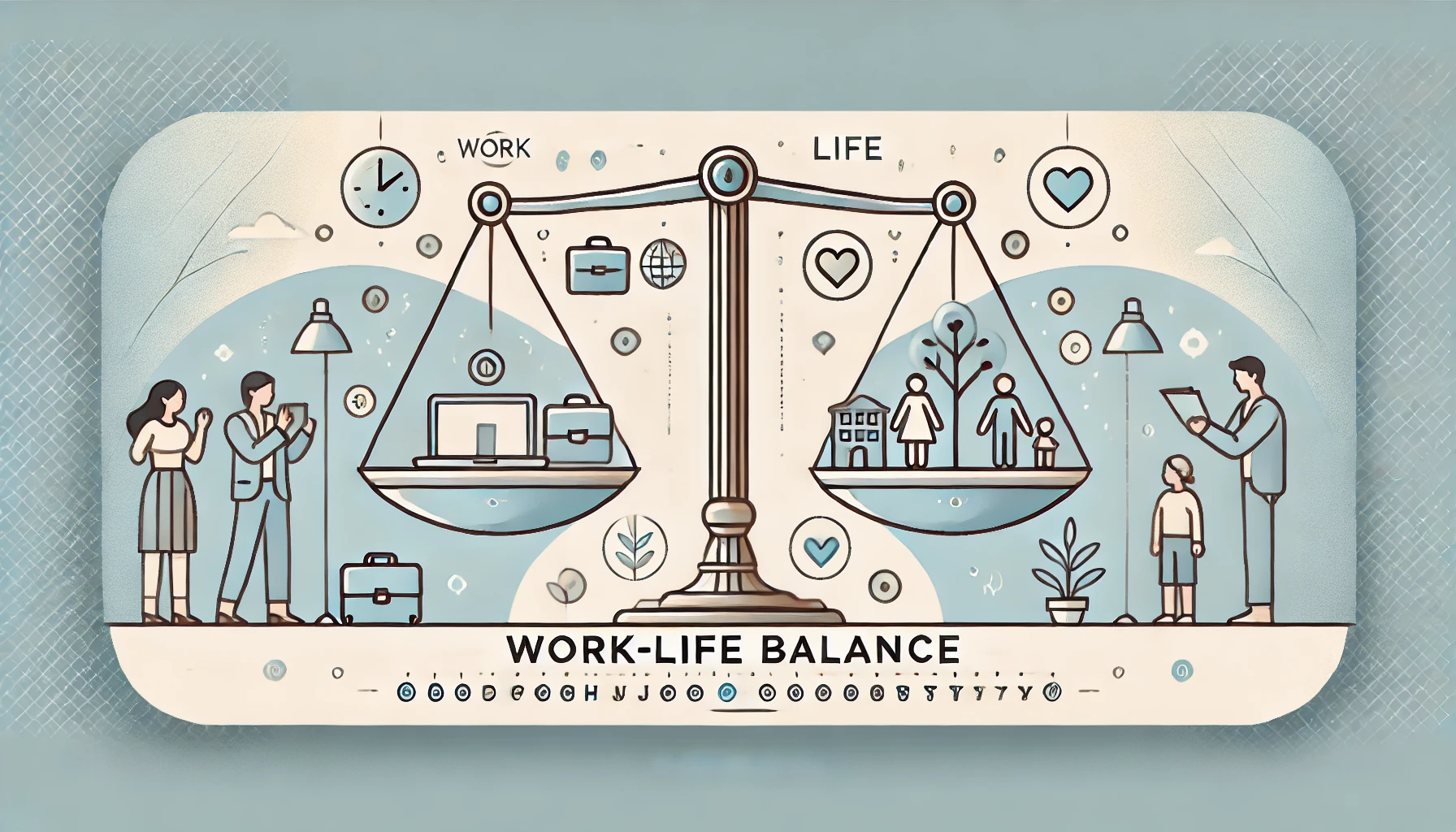In the fast-paced modern world, achieving a balance between work and personal life has become a goal for many. Work-life balance is not only related to individual health and happiness but also directly affects work efficiency and career development. This article will explore how to achieve work-life balance and its benefits to individuals and organizations.
The Importance of Work-Life Balance
- Health and Happiness: Chronic stress and overwork can lead to health issues such as heart disease, depression, and anxiety. Balancing work and life can help reduce these risks.
- Work Efficiency: Studies show that employees with a balanced work-life are more likely to maintain high efficiency and creativity.
- Job Satisfaction: When employees feel that their work and personal life are balanced, their job satisfaction is higher.
- Family Relationships: Balancing work and family life can reduce family conflicts and promote harmonious relationships among family members.
- Personal Growth: Having time for personal development and learning can improve the overall quality of life.
How to Achieve Work-Life Balance
- Set Boundaries: Clearly define the temporal boundaries between work and personal life to prevent work from encroaching on personal time.
- Prioritize: Determine your priorities to ensure you allocate sufficient time to the most important matters.
- Flexible Work Arrangements: Seek flexible work arrangements, such as remote work or flexible working hours, if possible.
- Effective Communication: Communicate your needs with supervisors and colleagues to seek their understanding and support.
- Self-Care: Ensure you have time for self-care activities, such as exercise, meditation, or hobbies.
Challenges of Work-Life Balance
- Cultural Pressure: In some cultures, long working hours are seen as a sign of success, which can increase the difficulty of achieving work-life balance.
- Technological Interruptions: Smartphones and emails make it hard for people to disengage from work, blurring the boundaries between work and personal life.
- Economic Pressure: Economic pressures may force people to sacrifice personal time to increase income.
Strategies for Work-Life Balance
- Time Management: Learn effective time management skills to ensure you can complete work tasks efficiently.
- Learn to Say No: Be willing to decline requests or tasks that do not align with your priorities.
- Seek Support: Do not be afraid to seek support and understanding from family, friends, or colleagues.
- Regular Breaks: Ensure you have adequate rest to avoid burnout.
- Personal Development: Invest in personal development, such as learning new skills or cultivating new interests.
Conclusion
Work-life balance is an ongoing process that requires the joint efforts of individuals, organizations, and society. By adopting proactive strategies and maintaining open communication, we can better balance work with personal life, leading to a healthier, happier, and more successful life.
